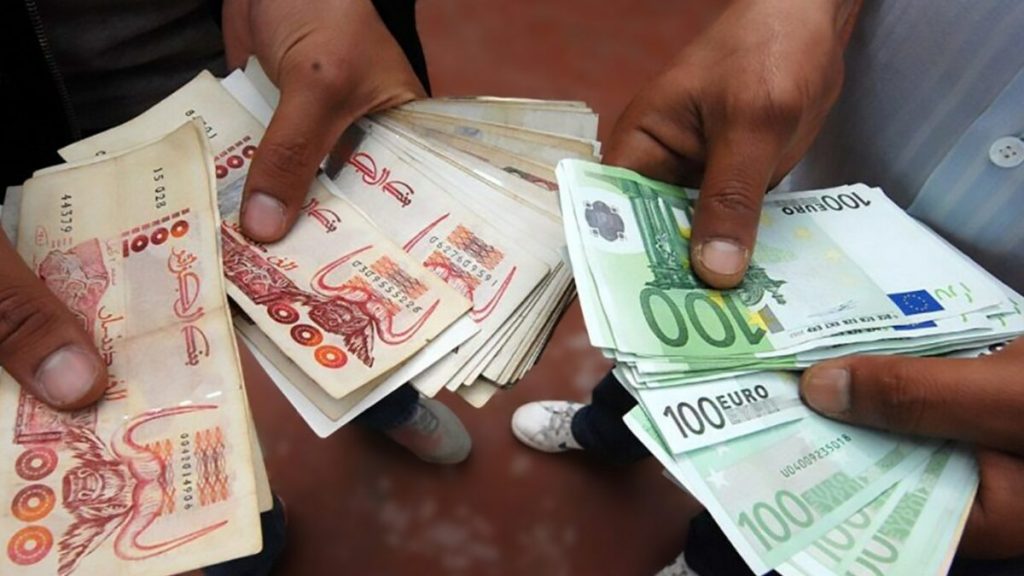
Algeria has once again been classified as a lower-middle-income country, with a gross national income (GNI) per capita of $3,900, according to the World Bank’s 2025 global income ranking.
This figure places the North African nation within the $1,136–$4,465 income threshold—just above Morocco ($3,710) and Tunisia ($3,840), but still trailing far behind regional and continental frontrunners.
Despite its natural resource wealth, Algeria remains far from matching the per capita income levels of Africa’s more dynamic economies. South Africa stands at $6,780, Gabon at $7,540, and Mauritius leads the continent at $10,760. The country’s stagnation highlights deep-rooted structural vulnerabilities that continue to hamper its economic ascent.
Algeria’s heavy reliance on hydrocarbon exports remains a critical weakness. Fluctuating oil prices, combined with persistent inflation, a weakening dinar, and a limited private sector, have exposed the fragility of the country’s economic model. The lack of diversification, brain drain, and restricted innovation further contribute to a sluggish and unbalanced growth trajectory.
The disparity becomes even more apparent when Algeria’s performance is viewed in the context of the broader Arab world.
While Qatar ($70,500), the United Arab Emirates ($48,950), and Kuwait ($39,570) occupy spots among the world’s highest per capita income earners, Algeria lags far behind.
Saudi Arabia, which has embarked on significant economic reform, now reports a per capita income of $27,590—underscoring the gap between Algeria and the region’s emerging powerhouses.
The World Bank report also notes that Africa remains the world’s poorest continent. Seventeen of the twenty lowest-ranked countries by GNI per capita are African, including Burundi ($240), Mozambique, and Niger.
While some regions such as south Asia have shown rapid upward mobility—with only 13% of countries remaining low-income—sub-Saharan Africa still comprises 46% of the global low-income bracket.
Although Algeria teeters near the upper threshold of the lower-middle-income category, its inability to cross into the next tier is telling.
Experts point to systemic inefficiencies and a governance model that hinders private enterprise and deters foreign investment.
The country’s dependence on energy revenues alone, once a reliable growth engine, is no longer sufficient to drive broad-based, sustainable development.



